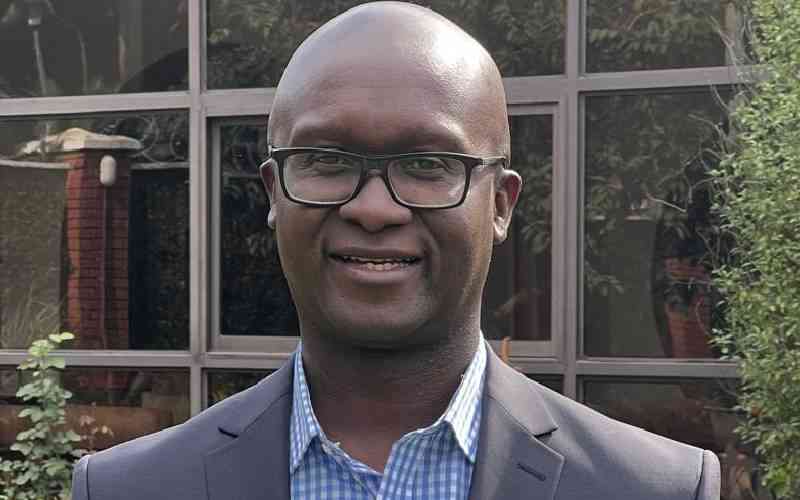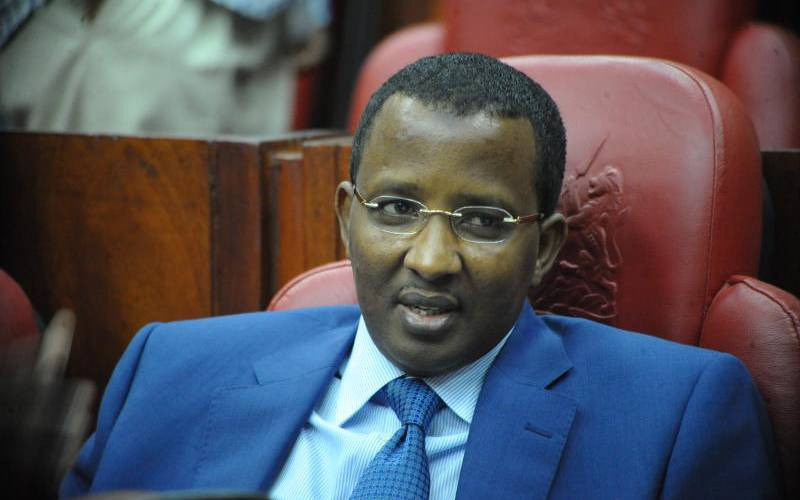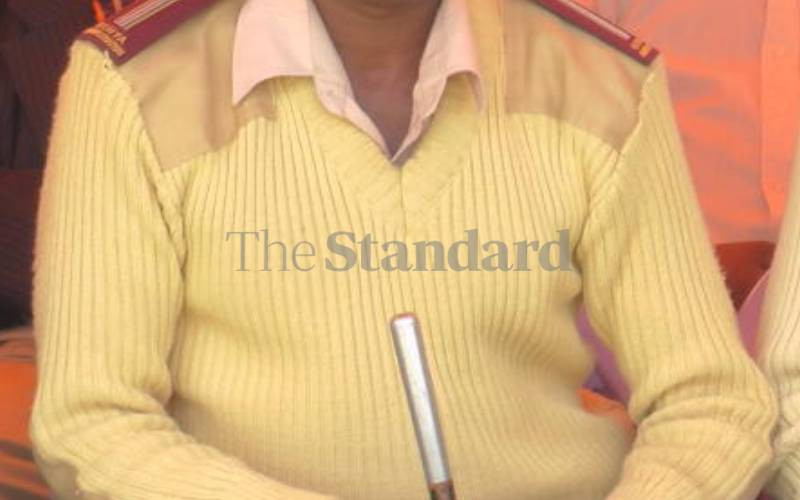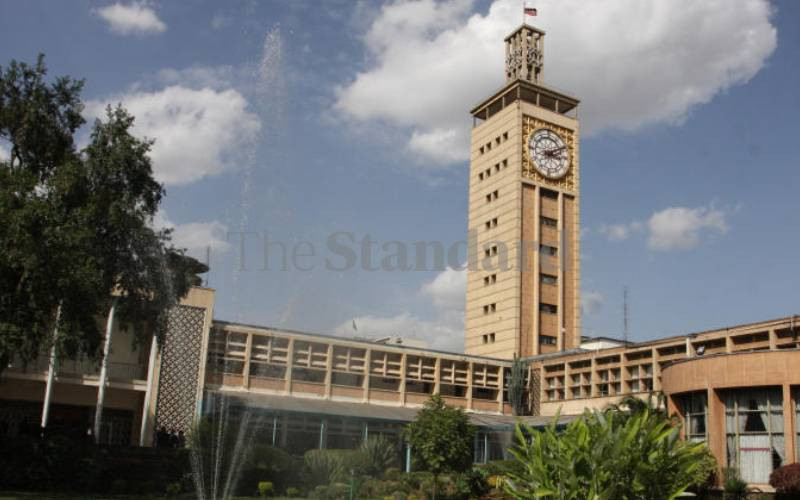NAIROBI: The highest (and the youngest!) court in the country is the Supreme Court, which operates under the umbrella of the Constitution, the Supreme Court Act, 2011 and the Supreme Court Rules, 2012.
And as it manifests itself on the Kenyan legal scene, new challenges are emerging.
At any one time there can only be seven court Judges, including the Chief Justice and the Deputy Chief Justice. In hearing matters, the court is "properly constituted for the purposes of its proceedings if it is composed of five judges', so dictates the Constitution.
The CJ (who is the President of the Supreme Court) can in weighty matters appoint a seven-bench court, but the ongoing practice of two-bench or six-bench Supreme Court seems manifestly illegal.
Presently, the Supreme Court has a full bench of seven.
In a few months, there is a possibility of one of the judges retiring on the grounds of having passed the retiring age of 70 (subject to the decision on the matter of extension of his tenure in a continuing case in the High Court).
If the decision goes against the judge, it is a moot point whether he would appeal to the Court of Appeal and thereafter if he loses in the Court of Appeal to even the Supreme Court. All these pose intricate and mind-boggling scenarios, including whether the judge can sit when the appeal process is ongoing.
And now comes a more certain fact. In December 2015, the present holder of the office of the Deputy Chief Justice will have reached the age of 70 years and must by constitutional law retire (unless she also attempts or opts, despite having sworn to respect the 2010 Constitution, to elongate her stay up to the age of 74 years on whatever grounds, merited or not).
So the bottom line is that on all probabilities, the country must have a Deputy Chief Justice in December 2015 and if one is not appointed, there will be a vacancy in the Supreme Court.
There are and must be cases where the Deputy Chief Justice is sitting in ongoing cases, which lawyers are in the habit of calling "part-heard".
First, in the ensuing six months, the President of the Court of Appeal, indeed the whole bench of the Supreme Court, must contrive to complete and finish all cases in which the Deputy Chief Justice is presently a member of the Supreme Court bench.
And make no mistake – the time to do so is now. If the issue is not addressed, there is a possibility of a looming crisis where these part-heard matters will need to be reheard denovo (from the start), for the law does not allow a matter to continue with four or six judges!
Many lawyers believe that prudence and reality must dictate that the Deputy Chief Justice should refrain henceforth from sitting in any new matter which is likely to spill over after December 2015.
In other words, on the ground, life in the corridors of the Supreme Court must go on but on the basis that there are only six Supreme Court judges available to continue with their onerous duties and responsibilities.
Stay informed. Subscribe to our newsletter
If you take into account the possibility, however remote, of another judge not being there, the crisis balloons even further.
The process of appointment of at least the Deputy Chief Justice is now a national issue and it must be dealt with responsible dispatch. The question remains: who will or should or must kick-start the process?
The President, the Parliamentarians, the Law Society and the beleaguered Judicial Service Commission collectively, or singularly, must move on, and act, now.
The CJ too must deal with the issue in his tripartite function of CJ, President of Supreme Court and Chairman of Judicial Service Commission.
In the last month or so, there has been an unexplained lull on the activities of the Supreme Court and a noticeable absence of some holders of the Court. Is something amiss?
Let there be no situation where the work of the Supreme Court in the land stalls for a day, or even a single case requires to be adjourned or needs re-hearing by a new bench for lack of quorum.
And while the Attorney General and Senators are in the mood of bringing about constitutional changes, it is perhaps opportune to enact a provision in the Constitution where the process of appointment of Supreme Court Judges, the CJ and the Deputy CJ must be completed before the incumbent officer retires.
With a very limited seven-court bench, there is also need to amend the existing laws to precisely cater for eventualities such as death, sickness, inability to perform, conflict of interest and dealing with delivery of judgements in completed cases in the absence of a judge.
 The Standard Group Plc is a
multi-media organization with investments in media platforms spanning newspaper
print operations, television, radio broadcasting, digital and online services. The
Standard Group is recognized as a leading multi-media house in Kenya with a key
influence in matters of national and international interest.
The Standard Group Plc is a
multi-media organization with investments in media platforms spanning newspaper
print operations, television, radio broadcasting, digital and online services. The
Standard Group is recognized as a leading multi-media house in Kenya with a key
influence in matters of national and international interest.
 The Standard Group Plc is a
multi-media organization with investments in media platforms spanning newspaper
print operations, television, radio broadcasting, digital and online services. The
Standard Group is recognized as a leading multi-media house in Kenya with a key
influence in matters of national and international interest.
The Standard Group Plc is a
multi-media organization with investments in media platforms spanning newspaper
print operations, television, radio broadcasting, digital and online services. The
Standard Group is recognized as a leading multi-media house in Kenya with a key
influence in matters of national and international interest.








